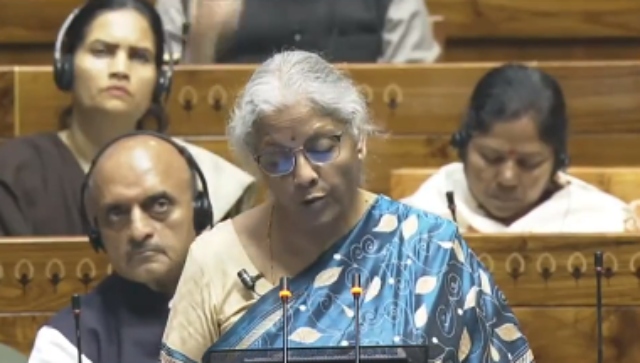The recently presented interim budget has sparked discussions about its significance given that the actual budget is slated for release in July, post the general elections. This preliminary budget, often considered a teaser, provides a glimpse into the government’s financial strategy.
Fiscal prudence
The cornerstone of the interim budget is fiscal prudence, a concept encapsulating responsible government spending. Finance Minister Nirmala Sitharaman highlighted the importance of reducing the budget deficit, the variance between government expenditure and earnings. The lower the deficit, the more sustainable the financial practices. Sitharaman asserted that the budget deficit is expected to decrease to 5.1 per cent, surpassing initial projections of 5.9 per cent. This commitment to responsible spending signals the government’s dedication to avoiding unnecessary debt and safeguarding future generations from an unsustainable debt burden.
A significant portion of the budget is allocated to interest payments on old loans surpassing expenditures on defence and transport combined. The government aims to reduce this substantial expense, indicative of a concerted effort to manage and whittle down the unsustainable debt. This strategic approach demonstrates the government’s commitment to financial responsibility and prudent economic management.
The budget not only reflects fiscal responsibility but also exudes confidence in the current government’s return to power. With a steady hand, the government appears unwilling to engage in extravagant spending to woo voters, confident that its track record will secure a return to power. This confidence resonates in the tight purse strings exhibited in the budget, even on the eve of elections.
Market reaction
Despite the absence of government largess, Indian stock markets experienced a slight dip, with the Sensex falling by 0.15 per cent and Nifty by 0.13 per cent. However, this minor correction suggests a robust economy not reliant on handouts fostering stability and growth.
Impact Shorts
More ShortsTurning attention to India’s external affairs, the budget sheds light on the grants and loans provided to foreign governments. Notably, India’s allocation for grants to the Maldives increased, indicating a commitment to maintaining diplomatic ties despite recent challenges. Meanwhile, Bhutan witnessed a reduction in grants, although loans increased, emphasizing a shift in aid dynamics.
While external relations undergo shifts, the interim budget underscores the stability of the Indian government’s domestic agenda. With a focus on fiscal prudence, debt reduction and confidence in governance, the budget sets a tone for responsible financial management, ensuring a positive trajectory for the country’s economic future.
Views expressed in the above piece are personal and solely that of the author. They do not necessarily reflect Firstpost’s views.
Read all the Latest News , Trending News , Cricket News , Bollywood News ,
India News and Entertainment News here. Follow us on Facebook , Twitter and Instagram .
)